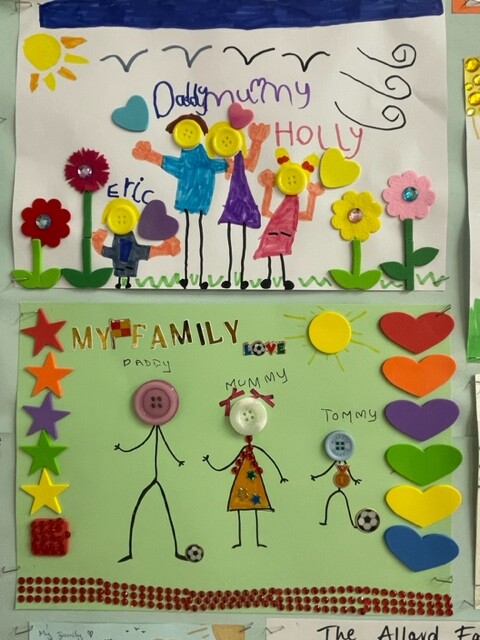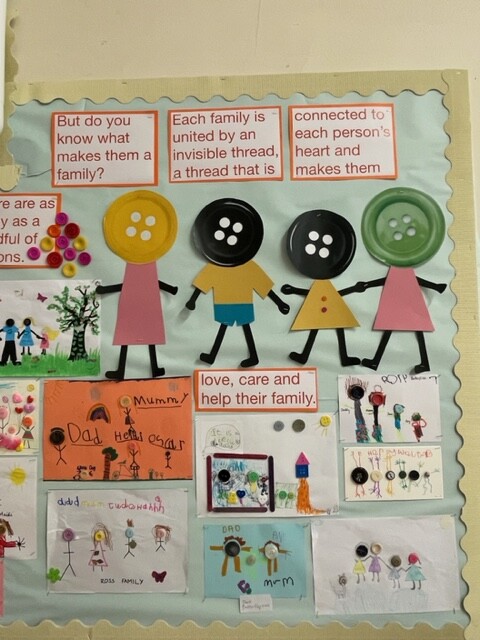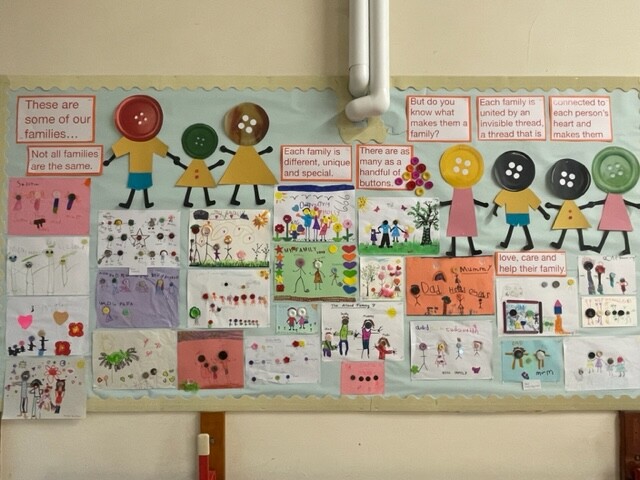Inclusion
Special Educational Needs and Disability
About one in five children may have special educational needs or a disability (SEND) at some time in their school life. Their needs may fall into anyone of the following areas:
-
Cognition and Learning (includes difficulties in acquiring early literacy and numeracy skills)
-
Communication and Interaction (includes difficulties with speech and/or understanding language)
-
Social, Emotional and Mental Health (includes difficulties in managing their own behaviour or responding/mixing appropriately with others)
-
Sensory and/or Physical (includes impaired vision, hearing and physical skills)
At Oatlands our SEND policy has regard to the government’s Code of Practice (COP) which gives practical guidance on how to support pupils with SEND. Our aim is to identify children's needs and to take appropriate action to meet those needs as early as possible. Parents, teachers, the school's Special Needs and Disability Co-ordinator (SENDco), our Family Support Worker (FSW) and the school's Learning Support Assistants (LSA) work in partnership to ensure that children can access intervention strategies aimed at supporting them to achieve their full potential.
Throughout their time at Oatlands, children have access to high quality differentiated teaching within the classroom environment, supported by school wide routines and strategies aimed at meeting diverse needs. This universal initial offer is called Wave 1.
Every child’s progress is carefully monitored and any child that gives cause for concern will have access to a wide range of additional provisions. These interventions are called Wave 2. The school may seek the involvement of external agencies such as Health or Language and Learning for further support and advice.
Children receiving additional provision will be supported by an assess, plan, do and review process, enabling progress and the effectiveness of interventions to be monitored. Partnership working, especially with parents is integral to the success of this level of support.
Through early identification of needs and access to appropriate provision, children at a Wave 2 level of intervention will, in most cases cease to give cause for concern. For a small minority it may be necessary on review to consider the need for long term support, such as provided by an Education Health and Care Plan (EHCP). The outcome of this assessment is decided by the Local Authority.



